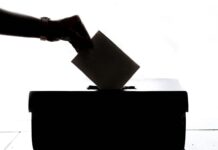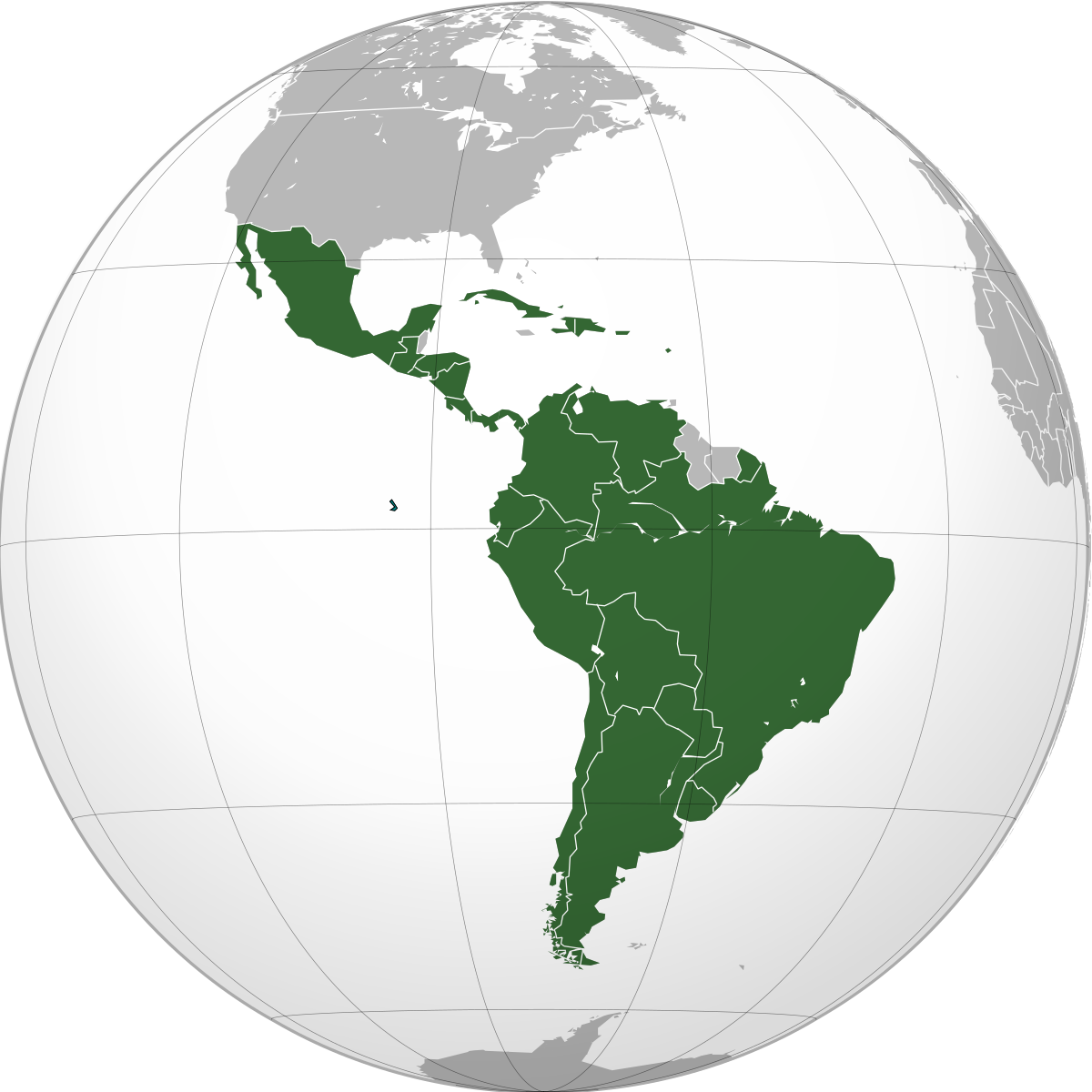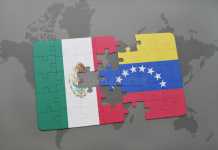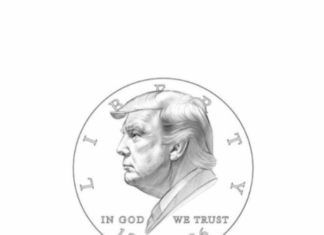Jair Bolsonaro was sworn in last week as Brazil’s new president. Nicolás Maduro, having taken over from the deceased Hugo Chávez in 2013, will be sworn for a second six-year term as Venezuela’s president on Thursday. These inaugurations illustrate the threats facing Latin America’s democracy, international alignments and unity.
Mr. Bolsonaro is a right-wing former military hothead, with a record of incendiary statements on everything from gay rights to women, Afro-Brazilians to Donald Trump. He was elected on a wave of anti-corruption and anti-establishment sentiment in Brazil that was further fueled by a citizenry dismayed by record-high crime (even though his own family has already been accused of corruption). He immediately proceeded to pick fights with other leaders in Latin America — rescinding invitations to Mr. Maduro and Cuba’s president, Miguel Díaz-Canel, to attend his inauguration — and has practically broken off diplomatic relations with Venezuela.
Venezuela’s foreign minister, Jorge Arreaza, said President Maduro “never considered attending” the Bolsonaro inauguration, and few guests will be joining Mr. Maduro at his own party. The Latin American Group of Lima, the European Union, and several other countries refused to recognize the legitimacy of his re-election; only the Cubans, Bolivians, Nicaraguans and Salvadorans will figure among Latin American guests, and perhaps an envoy of the new Mexican government, which has clear sympathies for Mr. Maduro, but prefers to be discreet about it.
In addition to his fraudulent election, Mr. Maduro has egregiously violated human rights, driven the Venezuelan economy into the ground, and generated a humanitarian crisis that has forced nearly three million of his countrymen into exile. With prices languishing for oil, Venezuela’s only export, the country will sink even further into chaos.
The political and personal characteristics of these two leaders, inaugurated just days apart, are a recipe for disaster.
Mr. Bolsonaro, though democratically elected, has demonstrated authoritarian inclinations. He pledged to make it easier for the police and soldiers to open fire on armed suspects, and is in favor of restoring the death penalty. He says he will issue a decree allowing virtually anyone in Brazil to purchase a firearm, including automatic weapons. This would essentially arm the entire population.
He has also threatened to withdraw Brazil from the trade bloc Mercosur — which also includes Argentina, Uruguay and Paraguay — the Paris climate agreement and the Marrakesh migration plan. Mr. Bolsonaro’s chief of staff, Onyx Lorenzoni, has vowed to clean the government of all public officials with “socialist and communist ideas,”referring to the members of the Workers’ Party of former Presidents Luiz Inácio Lula da Silva and Dilma Rousseff. Worse still, the new president erased from the government directory all agencies dealing with the L.G.B.T. people, who no longer figure among those protected by the Human Rights Ministry.
For his part, Mr. Maduro has militarized all of Venezuela’s institutions — including supermarkets. He has handed out automatic weapons to his militias, and armed paramilitary groups, known as “colectivos.” He continues to support Cuba, Bolivia and Nicaragua with oil money, and has raised tensions once again with Colombia; its new president, Iván Duque, has accused Venezuela of dispatching assassins against him. Mr. Maduro was originally elected more or less democratically. But he is now one of a growing group of authoritarian rulers in Latin America who exercise power undemocratically.
Though Mr. Maduro belongs to the hard left, and Mr. Bolsonaro to the extreme right, they share authoritarian similarities. The clash between these like-minded leaders is a conflict foretold. There are several hundred thousand Venezuelans across the border in Brazil and Colombia. Presidents Bolsonaro and Duque both detest Mr. Maduro. Both sympathize with President Trump, and he sympathizes with them. A pincer movement by the two countries’ armies, with more or less discreet United States backing, is increasingly conceivable, particularly as the region drifts to the right.
The Pacific Alliance of Colombia, Chile, Peru and Mexico is now governed by three right-of-center rulers. Argentina, in the throes of its umpteenth financial crisis, may, in spite of everything, re-elect the conservative Mauricio Macri. Only Uruguay, Nicaragua and Bolivia are the survivors of the leftist “pink tide” regimes dating from the beginning of the century through 2015. Mexico’s new left-wing regime will find itself increasingly isolated in the region, having to manage its multiple conflicts with the United States on its own.
None of this bodes well for Latin America. From 2003 to 2012, the region went through a long period of strong growth, largely financed by high commodity prices. Then came a slowdown after 2013 when prices fell, and corruption scandals broke out nearly everywhere. But institutions held fast, most of the time and in most countries; democracy was threatened only by an increasing number of leaders who wished to perpetuate themselves in power through electoral means, although dubious ones.
This is beginning to change. The warning signs are obvious: left-wing authoritarian regimes in Nicaragua and Venezuela; a right-wing Brazilian president with neo-fascist ideas which he has begun instituting with surprising speed; an inward-looking Mexican president, Andrés Manuel López Obrador, unwilling to defend human rights and democracy in the region, and prey to authoritarian lures himself; in Bolivia, a president, Evo Morales, who plans this year to seek his fourth five-term — maintaining him in power for 20 years. A collapse of democratic institutions and respect for human rights in Latin America is no longer unimaginable.
The great absence, perhaps for better than for worse, is Washington. It will almost certainly not play a role in any of these potential or already burning crises, except maybe by clumsily encouraging Colombia and Brazil to overthrow Mr. Maduro by force. But it surely will not lead the hemisphere away from these authoritarian temptations, nor toward greater collective responsibility.
Given President Trump’s penchant for making everything worse everywhere, this may not be a bad thing. But United States passivity implies one less counterweight in a region that needs as many as it can find.





































